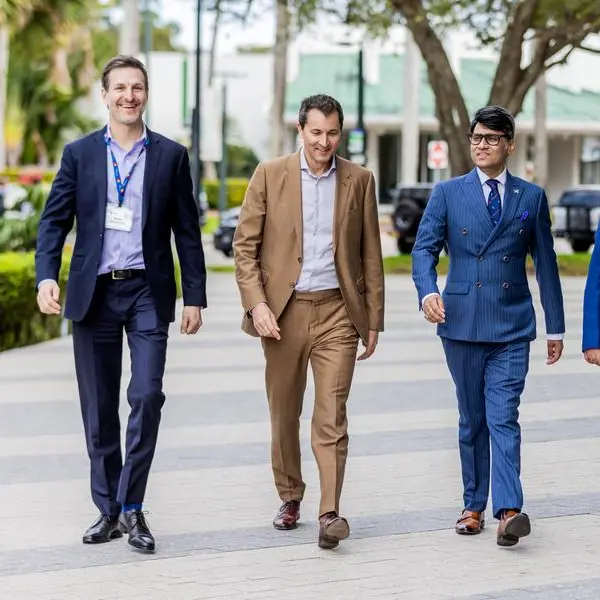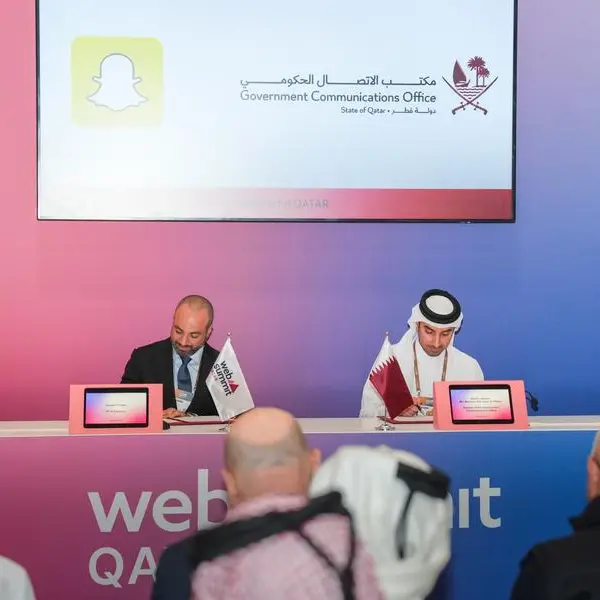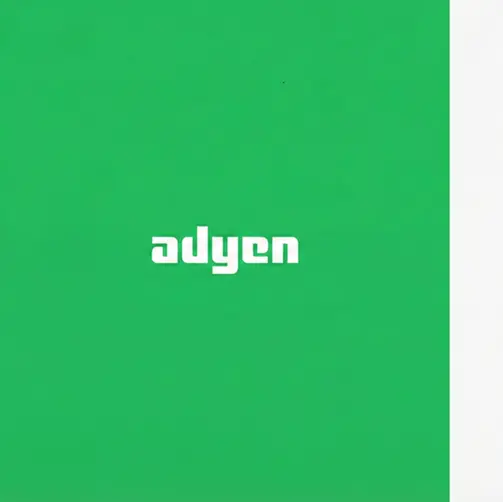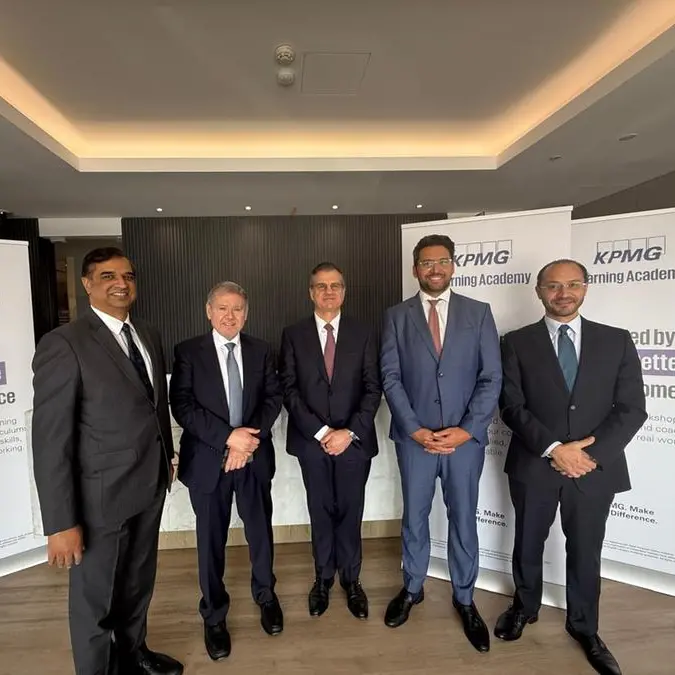- Baaz aims to create the largest gathering of Arab communities on the Internet – providing a safe space for the Arab world to embrace their culture
- The company adopts the latest global technological systems, ensuring data protection and user privacy for all communities
Cairo, Egypt: Baaz, the first Arab social media platform, has announced its official launch in the Egyptian market, with the aim of fostering a welcoming environment that encourages individuals to build connections and engage in meaningful, purposeful discussions, all while preserving the region’s diverse key cultural and societal values.
Baaz provides users with a wide range of innovative tools – which include audio rooms, livestreams, and video calls – all in one platform. The community-based application also helps facilitate and enable freedom of speech without shadow banning and limiting engagement on certain topics, encouraging its communities to discuss any topic of interest, as long as it adheres to the set laws and regulations.
Musab Sharayri, Chief Executive Officer at Baaz, Inc. stated: “Baaz is proud to be introducing the platform and its purpose to the ever-growing Egyptian community, especially at a time when we’re witnessing an undeniable growth and evolution within the market. We believe that Egyptians are community leaders at heart, which are the exact audience Baaz looks to invest in and empower by providing job opportunities to the Egyptian market, building on its vision, mission and brand values. Egypt is undoubtedly a key player, not only across the Middle East and North Africa, but on a global level as well.”
Baaz also prioritizes the safety of its users. To ensure privacy and data protection, the platform adopts the latest global technological systems for encryption, which are in line with international laws and regulations. This includes encryption technologies that comply with the General Data Protection Regulation (GDPR), the California Consumer Privacy Act (CCPA) and the Digital Millennium Copyright Act (DMCA).
Sharayri added, “We are happy to share that in less than two years, Baaz has become a space for over three million users. While around 90% of Baaz’s communities are from the Middle East and North Africa, the platform promotes a diverse and welcoming environment, ensuring that it is a platform for everyone, regardless of age, gender, and background.”
To further drive its vision to empower the communities it operates in, Baaz is looking to introduce a unique revenue stream within the upcoming year for all its users, enabling them to monetize by becoming community leaders, encouraging them to generate meaningful discussions across their topics of interest and increase engagement, where communities will also be able to monetize through available in-app ads.
Baaz – which refers to a type of Hawk in Arabic – was initially founded in November 2020 in Jordan, and has since increased its activity through campaigns across various countries, namely Tunisia, Lebanon, Palestine, Algeria, Iraq – and now Egypt. The platform is available in three languages, namely Arabic, English and French.
To download the Baaz app, use the following links:
- Google Play:https://play.google.com/store/apps/details?id=com.baaz.baazapp&hl=en&gl=US
- App Store: https://apps.apple.com/us/app/baaz/id1092130570
-Ends-
For more information please contact:
Mayan Heikal
mayan.heikal@ogilvy.com
Menna Anis
menna.anis@ogilvy.com
Shouruq Barham
shouruq.barham@baaz.com
About Baaz:
Baaz is the first Arab social media platform – providing a variety of advanced, innovative tools for its users that include audio rooms, livestreams, and video calls, and therefore enabling the creation of communities, meaningful content development and purpose-driven discussions. The platform aims to enhance its community’s sense of belonging to its Arab culture by not only showcasing, but also embracing and celebrating the issues, events, and societal values that truly matter to them.
The next-generation social media platform, which currently amasses over three million users, successfully launched in November 2020 in Jordan, with its main offices based in Amman, and soon after expanded to other markets across the region – namely Tunisia, Lebanon, Palestine, Algeria, Iraq, and most recently Egypt.



















